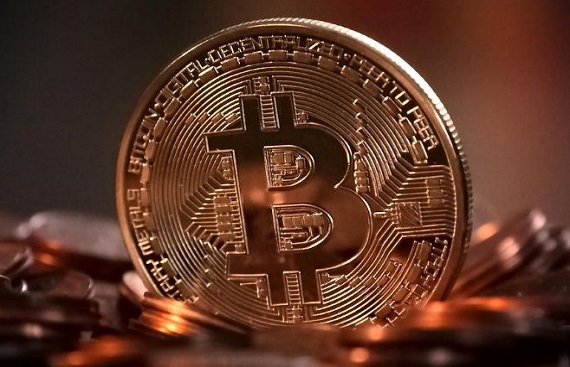Everything You Need to Know About Ripple

Ripple has a lot of history and it was in the works even before Bitcoin was launched, although not as a cryptocurrency but as a payment network. Even now, it's nerve-racking to decide whether Ripple is wholly a cryptocurrency or a payment network. Ripple does not have competition in the crypto market. Its major competition is the traditional payment network, SWIFT. Ripple is not mined, unlike other cryptocurrencies. It is also not decentralized, as opposed to the number one onus behind cryptocurrencies, "anonymity. “You can visit Bitcoin Motion to trade it.
Read on to find out more...
What is Ripple?
Ripple, also known by its crypto ticker XRP, is a technology that acts as both a cryptocurrency and a digital payment network for financial transactions. Chris Larsen and Jed McCaleb co-founded it, and it was first released in 2012. XRP is used to power innovative payment technology because they are faster, less expensive, and more scalable than any other digital asset. Ripple is made up of two distinct components: XRP and RippleNet. XRP is a cryptocurrency, whereas RippleNet is a payment network designed for businesses. Unlike other cryptocurrencies, XRP cannot be mined; instead, it uses a consensus mechanism to confirm transactions via a group of bank-owned servers. XRP serves as a medium of exchange between two currencies or networks.
At its inception, all 100 billion XRP tokens were produced and distributed. XRP is unique in that it is designed for financial institutions and payment services, allowing them to transfer money from one currency to another. Unlike other cryptocurrencies aimed at consumers, the main process system of ripple is a payment settlement, asset exchange, and remittance system, similar to SWIFT, which is used by banks and financial middlemen dealing with currencies. Ripple is focused on developing technology that will enable XRP to gain new utility and transform global payments.
Ripple's digital currency, XRP
XRP is a payment-focused digital asset. It is the native digital asset on the XRP ledger, a permissionless, decentralised blockchain technology that settles transactions in seconds. It is faster and more efficient than any other digital asset, and it provides financial institutions with a quick and dependable option for obtaining liquidity on demand. XRP is traded on over 100 exchanges and markets around the world. XRP is the seventh-largest cryptocurrency in the world, with a market capitalization of $45 billion, and is traded for $0.9488 per ripple.
Ripple was created with a specific purpose in mind: it allows banks and payment providers to expand into new markets; it provides a way to source liquidity for payments, and it allows corporations to improve capital efficiency. Ripple, in comparison to many other cryptocurrencies, can handle a large number of transactions per second. Ripple can handle over 1500 transactions per second, whereas Bitcoin can only handle 3 to 6 transactions per second and Ethereum can only handle about 15 transactions per second. Ripple is less contentious than many other cryptocurrencies because it collaborates with some of the world's largest financial institutions. However, unlike many other cryptocurrencies, Ripple has not prioritised privacy and anonymity. They are also less decentralised, as the company owns 60% of all XRP. There aren't many places you can buy Ripples in the United States as a consequence of the SEC lawsuit which resulted in many major exchanges delisting Ripples but exchanges like Coinmama and Kucoin still sell.
Fun fact: you don't need to have XRP to use the Ripple network. Financial institutions use the network with fiat currency, but using XRP would reduce costs. The company behind Ripple, Ripple Labs, is set to release 55 billion XRP into the market over 55 months.
Major Contingencies: Ripple and the SEC are currently engaged in a series of hearings regarding allegations that the digital currency Ripple uses for cross-border payments has been unregistered security since 2013. Until the case is resolved, XRP is a riskier coin than others. These legal challenges make the future of XRP quite uncertain, but the underlying technology is solid, which explains why the price hasn't crashed completely. We can also credit investors for this, as they still see a reason to invest in the hope that the case will go Ripple's way. In an ideal world, a favourable outcome for ripple would result in an increase in the price of XRP. Furthermore, when the case concludes, Ripple intends to go public via an Initial Public Offering (IPO), which could potentially drive up the price of XRP. This case could actually make or break Ripple. In any case, don't invest what you can't forfeit and always be updated on crypto news.
